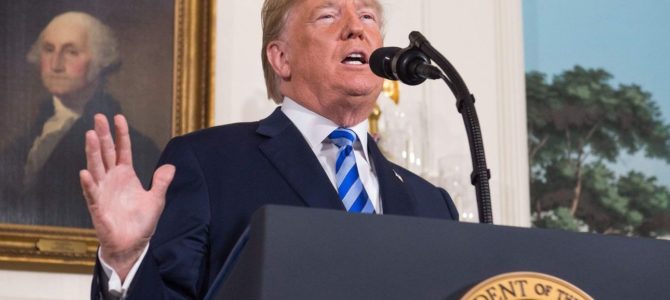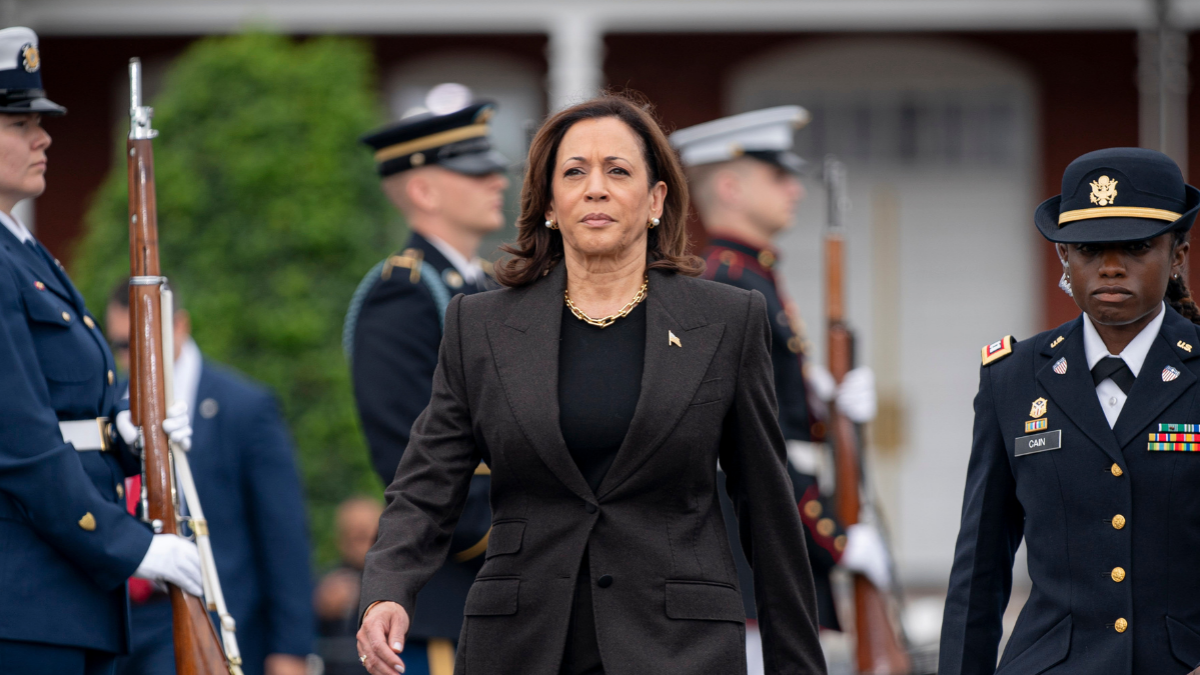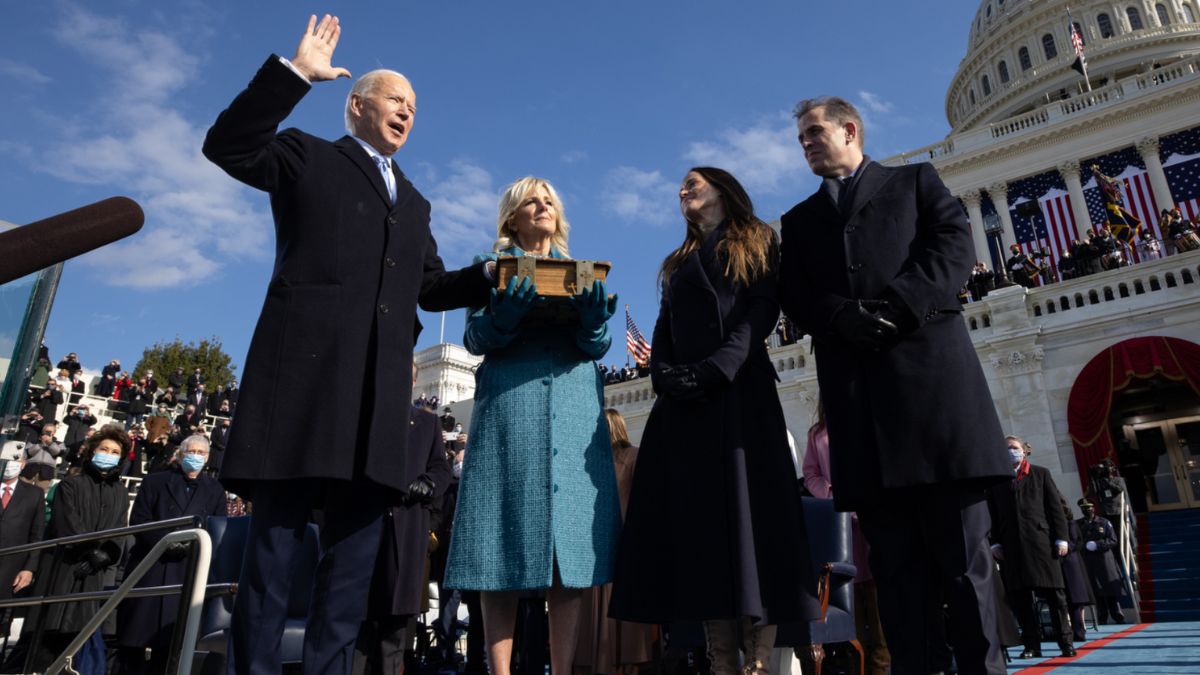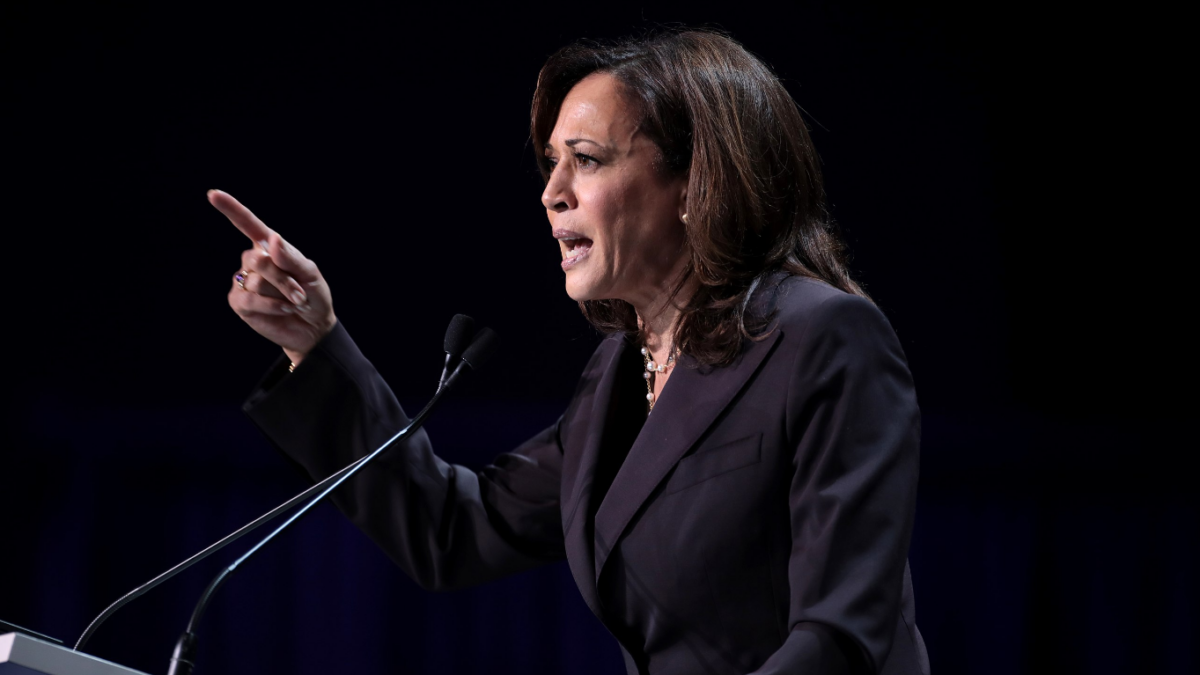
For starters, it wasn’t a treaty.
Like most of Barack Obama’s legacy, the Iran Deal was brittle and unsustainable because it was undertaken unilaterally. Even with the creation of a media echo chamber and the ugly, relentless attacks on critics, the former president was unable to pull together a consensus. The Obama administration circumvented that accountability. For that reason alone, it’s a good thing Trump nixed the deal.
Even as John Kerry was acquiescing to one Iranian demand after the next, a number of senators explained to the despots in Tehran that such a deal could be easily scuttled. Nearly every Republican candidate running for the presidency in 2016 — not to mention nearly every GOP candidate running for the Senate — promised to withdraw from (or renegotiate) the Joint Comprehensive Plan of Action if they won.
Obama likely didn’t believe the GOP would regain the presidency — and if it did, he probably couldn’t conceive of a situation where a president would dare back out of a non-proliferation agreement, however flawed. And, as many problems as I do have with Trump, I can’t imagine that any other Republican would have withstood the unrelenting political pressure that was likely exerted, not only from allies but also from business interests at home, either.
In the end, though, Trump walked away from a promise made by the Obama administration, not the American people. Despite what you may have read, the United States has not “violated” any international agreement. The president has the prerogative to withdraw the United States from the JCPOA, whether or not Teheran was found in violation by IAEA. Just ask Ben Rhodes.
Since the Iran Deal did absolutely nothing meaningful to safeguard against the production of nuclear weapons in the long run, it’s in the national interest of the United States to exit and seek a better deal. The Obama administration, which assented to every imaginable Iranian demand to preserve this agreement, allowed Teheran to dictate the terms of IAEA access, which included asking permission for inspections, the ability to deny access to military sites and the ability to take nearly a month’s time to clean up at sites.
So we don’t know if Iran is complying. What we do know is that despite Tehran agreeing not to “attempt to design, pursue, build or otherwise seek a nuclear weapon,” any of which “would be an explicit and detectable violation of the agreement,” Israel has uncovered documents that prove Iran was in possession of clandestine plans, despite years of denials, to develop five 10-kiloton nuclear warheads. We know that Iranians continue to develop a ballistic missile program to deliver those weapons — something the Obama administration caved on at the behest of Russians. We know that Iran refused to renegotiate the deal’s “sunset provisions” which provides a pathway to building nuclear weapons. Why, one wonders?
We also know that after Trump’s speech making the case for withdrawal, Iranian president Hassan Rouhani claimed that Iran would be “prepared for enrichment in the next weeks.” Which is a weird thing for a nation that has completely given up its desire to obtain nuclear weapons to say. Then again the idea that this agreement, as promised by so many in Obama administration, snuffed the Islamic Republic’s nuclear ambitions was absurd all along.
Iran-deal proponents will once again offer the risible false choice: the deal or war. One hopes Iran doesn’t choose war. For now, the United States can reinstate sanctions, and also target, as the president noted, “any nation that helps Iran in its quest for nuclear weapons.” Are France, Germany, and the United Kingdom going to pick Iran over the United States? That seems unlikely. What’s more probable is that European nations will attempt to salvage the deal, and push for concessions from Iran in the process.
Iran can come back to the table. The administration’s demands for a new agreement are wholly reasonable: Stop developing ballistic missiles that are meant to deliver nuclear weapons; Stop supporting terrorist groups around the Middle East that undermine U.S. interests and those of our allies — in Syria, Lebanon, Palestinian territories, Yemen, etc; Stop publicly threatening our ally Israel with destruction; Stop threatening freedom of navigation in the Persian Gulf and Red Sea; Stop fueling the civil war in Yemen; Stop cyberattacks on the United States; Stop kidnapping Americans.
Which one of these requests would an average American voter deem unreasonable? Actually, which one of those requests would an average American voter believe wasn’t already part of a non-proliferation agreement?
In the meantime, though, the United States is freed from the pretenses of the agreement. It can target Iranian aggression. It can attempt to sink Iran’s terror regime through economic means (though it’ll be a lot harder now). It can, as Eli Lake has suggested, support nonviolent human rights advocates in Iran. It can do something useful.









